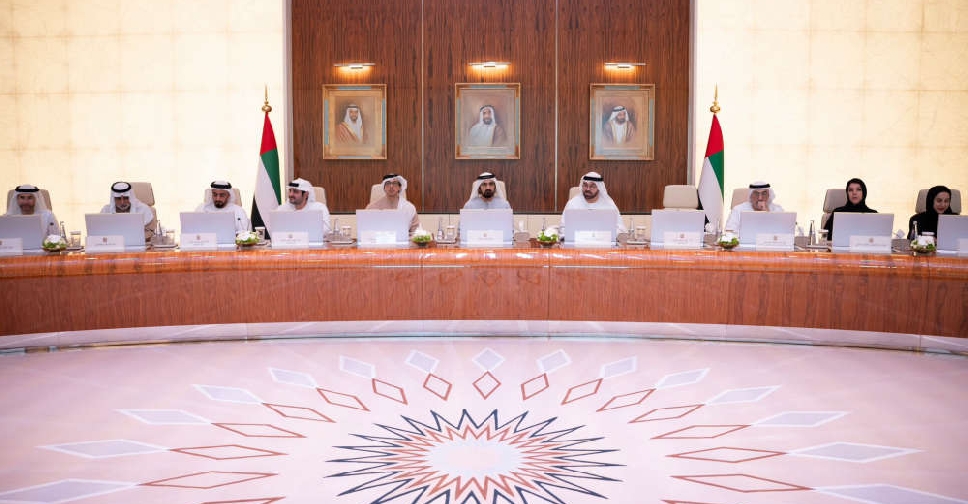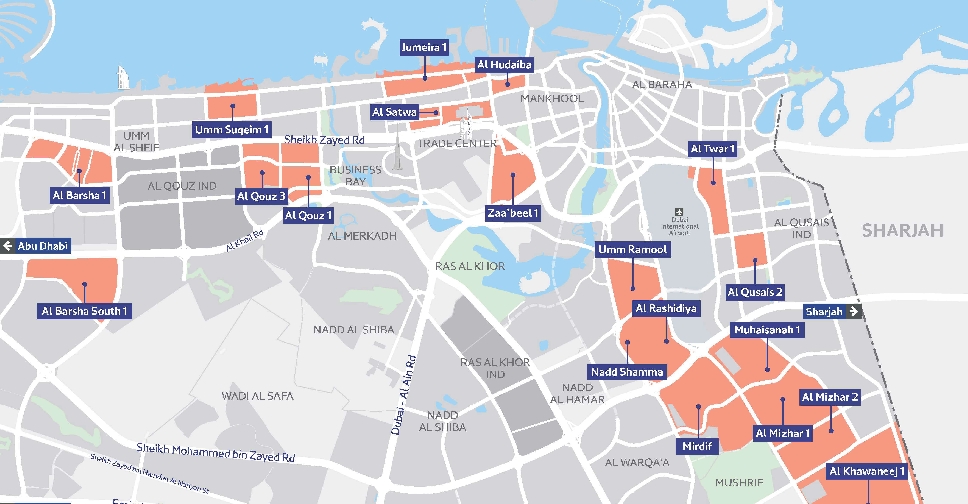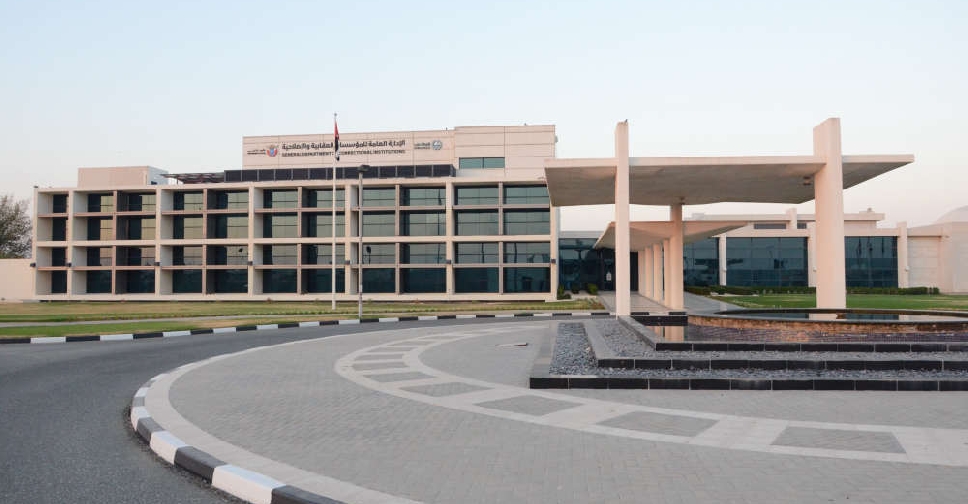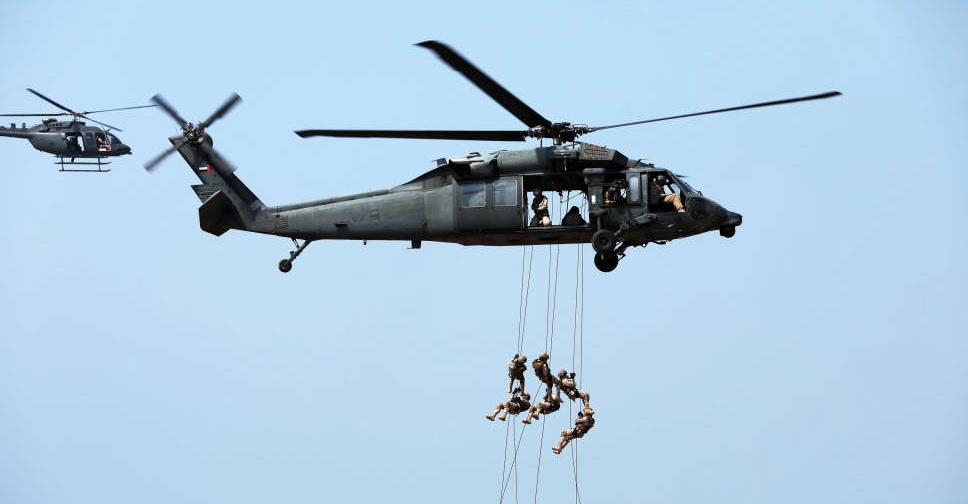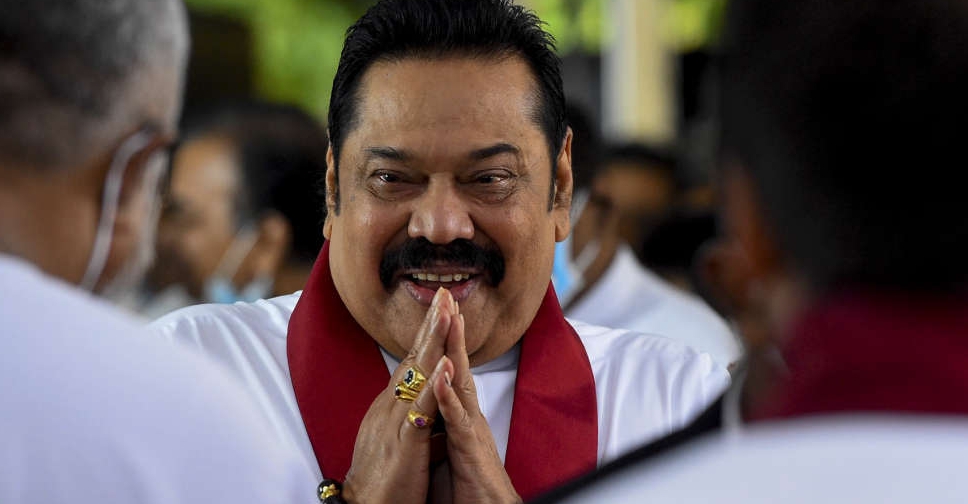
Sri Lanka has moved Mahinda Rajapaksa to a naval base for his safety after he quit two days ago as prime minister, the defence secretary said on Wednesday, following violence targeting the family for its role in the country's worst economic crisis.
Sri Lankans blame the Rajapaksa dynasty for a meltdown in the Indian Ocean nation that reduced reserves to just about $50 million, stalling most imports and bringing massive shortages of key items of food, fuel and medicine that unleashed protests.
"The prime minister was evacuated to the Trincomalee naval base for security reasons," Kamal Gunaratne told a news conference, referring to the base on the northeastern coast.
"He will remain there for the next couple of days and when the situation is normalised, he can be moved to a location of his choice."
Wednesday's move comes after protesters set ablaze this week a museum in the family's ancestral base in the south that had been dedicated to their father, leaving it in ruins, with exhibits smashed or looted.
Police and soldiers patrolled the streets of Weerakettiya, the town that is home to the Rajapaksas, where shops and businesses were shut by a curfew that will run until Thursday morning.
Rajapaksa's younger brother continues as president despite street clashes this week, triggered by the massive shortages of essentials, which killed nine people.
With the army deployed to keep the peace and troops ordered to shoot at anyone damaging public property or threatening lives, soldiers in armoured vehicles patrolled the streets of Colombo, the commercial capital.
"This is the time for all Sri Lankans to join hands as one, to overcome the economic, social and political challenges," President Gotabaya Rajapaksa said on Twitter.
"I urge all Sri Lankans to reject the subversive attempts to push you towards racial and religious disharmony. Promoting moderation, toleration and coexistence is vital."
It was not immediately clear what prompted his warning, but Sri Lanka has a long and bloody history of ethnic tension, with Sinhalese Buddhists forming the bulk of a population of 22 million sprinkled with Muslim, Hindu and Christian minorities.
The two Rajapaksas held key government positions when a 26-year civil war ended in 2009 after security forces overcame militants from the minority Tamil community. At least five members of the family held ministerial positions until recently.
Analysts say the president can be impeached if he refuses to step down, though the opposition, which has rejected his calls for a unity government, lacks the necessary two-thirds majority in parliament.
No president has ever been successfully impeached and removed from office in Sri Lanka.
NEW GOVERNMENT AWAITED
The situation after the prime minister's resignation could complicate negotiations for foreign aid.
Sri Lanka has sought urgent loans from the International Monetary Fund (IMF), following financial and other support from neighbour India as well as China, as the violence has further dented a tourism-dependent economy hammered by COVID-19.
The IMF expressed concern about the violence, but said it would continue technical talks begun on Monday with Sri Lankan officials "so as to be fully prepared for policy discussions once a new government has been formed".
The president plans to meet opposition politicians within days in hopes of forming a new government, a cabinet spokesperson said on Tuesday.
Parliament speaker Mahinda Yapa Abeywardena is set to hold meetings online with lawmakers on Wednesday to discuss the way forward.
The central bank chief has threatened to resign unless political parties ensure stability within the next two weeks, saying steps to revive the economy would not succeed in the absence of a political solution to the crisis.
Four people were wounded in the town of Rathgama in one of two shooting incidents on Tuesday night, said police spokesman Nalin Thalduwa, adding, "The situation is now calm."

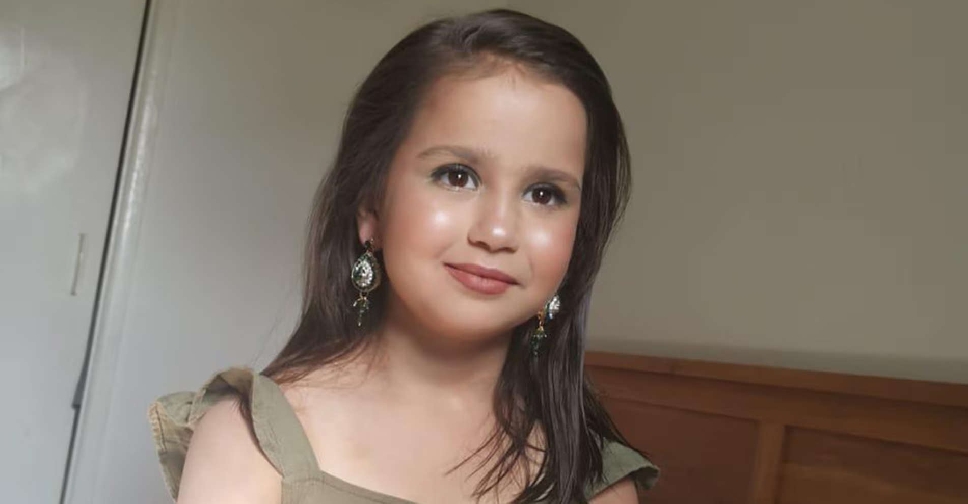 Father, stepmother convicted of 10-year-old girl's murder after UK trial
Father, stepmother convicted of 10-year-old girl's murder after UK trial
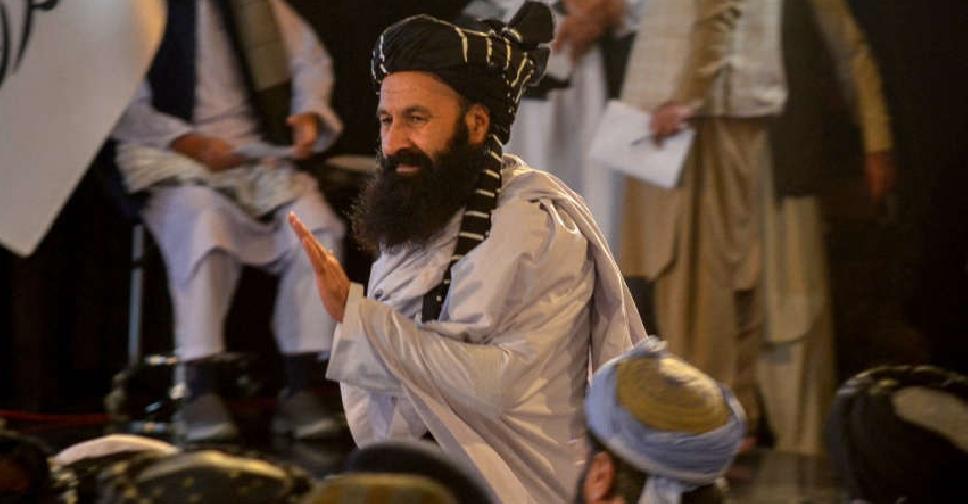 Afghan Taliban's refugees minister killed in Kabul blast
Afghan Taliban's refugees minister killed in Kabul blast
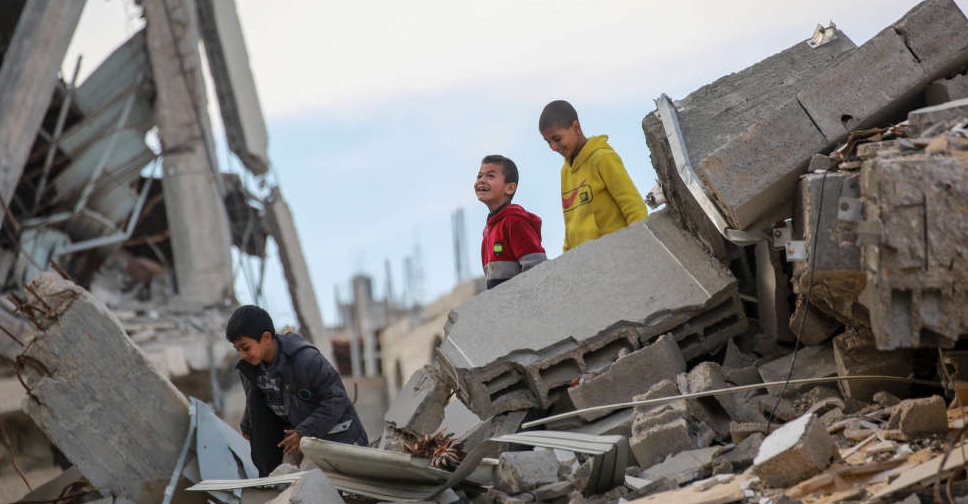 At least 33 dead after Israeli strikes in Gaza
At least 33 dead after Israeli strikes in Gaza
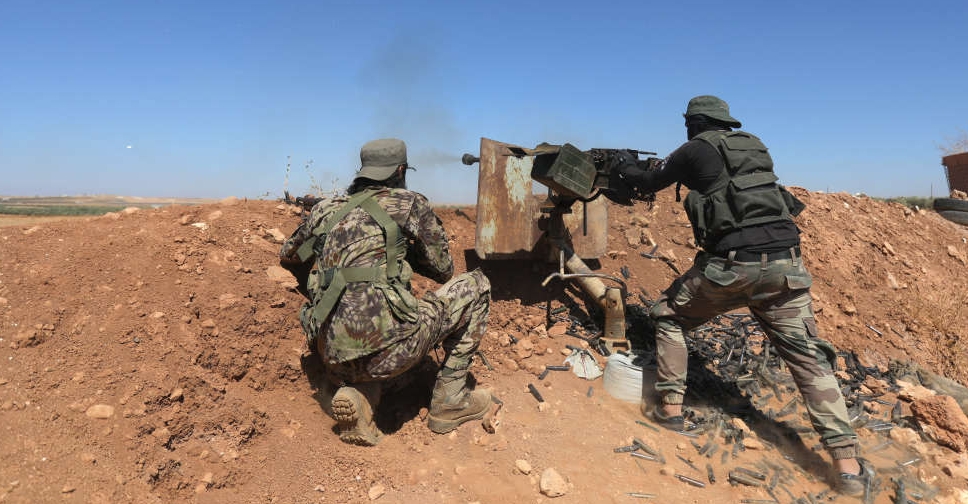 Turkish-backed rebels take control of Syria's Deir ez-Zur
Turkish-backed rebels take control of Syria's Deir ez-Zur
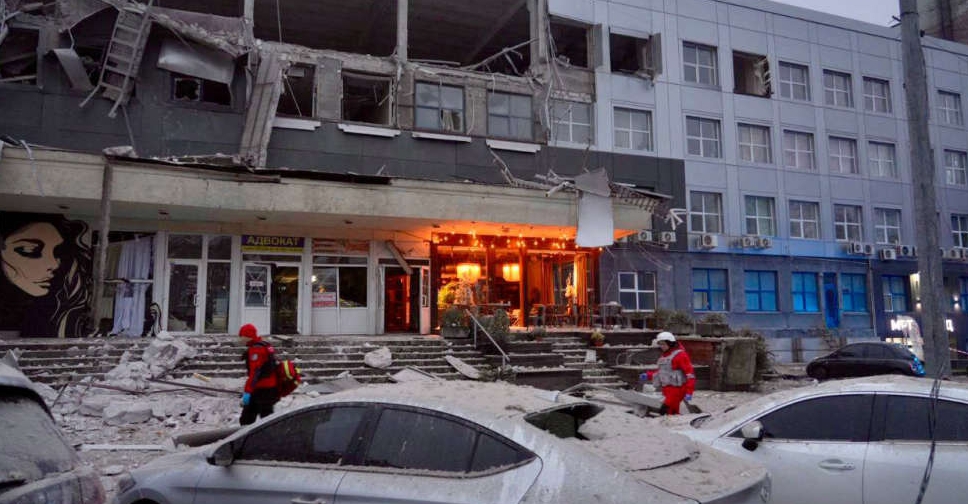 Death toll from missile attack on Ukraine's Zaporizhzhia rises to six
Death toll from missile attack on Ukraine's Zaporizhzhia rises to six
